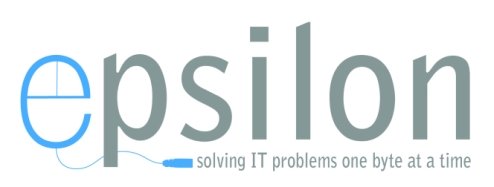The email looked legitimate, so Danielle Radin clicked on the link it contained, expecting to have her products included in a holiday gift guide.
“I instantly regretted it,” says Radin, owner of Mantra Magnets, a website that sells wellness products. “It took me to some random website that looked like those pop-ups telling you that you’ve won the lottery.”
Within days of that click three weeks ago, Radin began getting notifications that people in Ecuador, China and elsewhere were trying to access her email account. She wasn’t surprised; she knew her San Diego-based small business had been the target of a phishing scam.
While cybercriminals strike at any time of the year, they’re particularly active during the holiday and income tax filing seasons when computer users expect to see more emails — and scammers are increasingly targeting individual small businesses with phishing scams, sending messages that look legitimate but do harm instead. An unsuspecting owner or employee clicks on a link or attachment and like Radin finds that malicious software has invaded their PCs.
